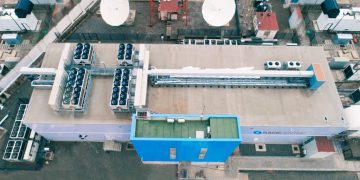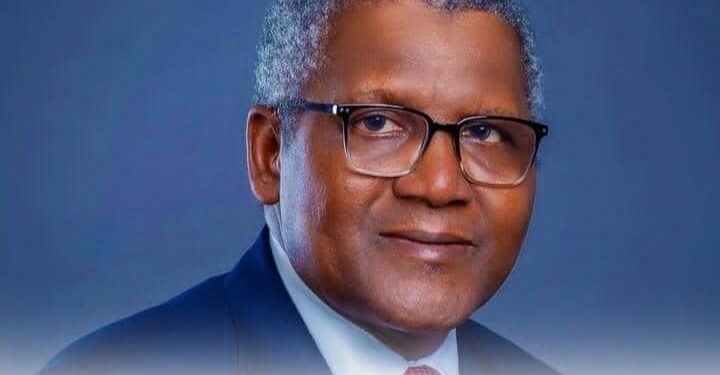Aliko Dangote, the Nigerian billionaire and founder of the Dangote Group, has reached unprecedented wealth levels, now valued at $27.8 billion, according to Bloomberg’s real-time billionaire index. This marks a significant increase from his previous worth of $13.2 billion, despite the challenges he has faced in building his empire.
During a recent visit to New York, Dangote candidly reflected on his journey, stating, “I didn’t realize we were building a monster.” He highlighted the immense pressure from various quarters, with media narratives consistently suggesting that his ambitious ventures would ultimately fail.
The billionaire’s latest project, a $20 billion oil refinery in Nigeria, has become a focal point of controversy. Since its inauguration, the refinery has encountered multiple disputes with the Nigerian government, particularly concerning the sale of Premium Motor Spirits, or petrol.
One significant issue has been the cost of crude oil supplied by the government, which Dangote criticized for being excessively priced and sold in dollars instead of the local currency. This challenge forced the refinery to seek crude from international markets, including Brazil. Fortunately, a resolution is on the horizon: starting October 1, 2024, the government will sell crude to Dangote and other refineries in Naira, easing some financial burdens.
Compounding these challenges,The Nigerian National Petroleum Corporation (NNPC) has designated itself as the exclusive distributor of Dangote petrol, restricting the refinery’s pricing flexibility and complicating its operations.
Despite these hurdles, the Dangote refinery boasts a remarkable processing capacity of 650,000 barrels per day, making it the largest single train refinery in the world. The facility aims to produce 250,000 barrels of gasoline and 100,000 barrels of diesel daily. This ambitious output is expected to significantly enhance Nigeria’s fuel self-sufficiency and reduce the $26 billion spent on petroleum imports in 2022.
As Dangote continues to navigate the complexities of his ventures, his remarkable wealth and the ongoing developments in Nigeria’s oil industry remain closely watched by investors and industry experts alike.























































